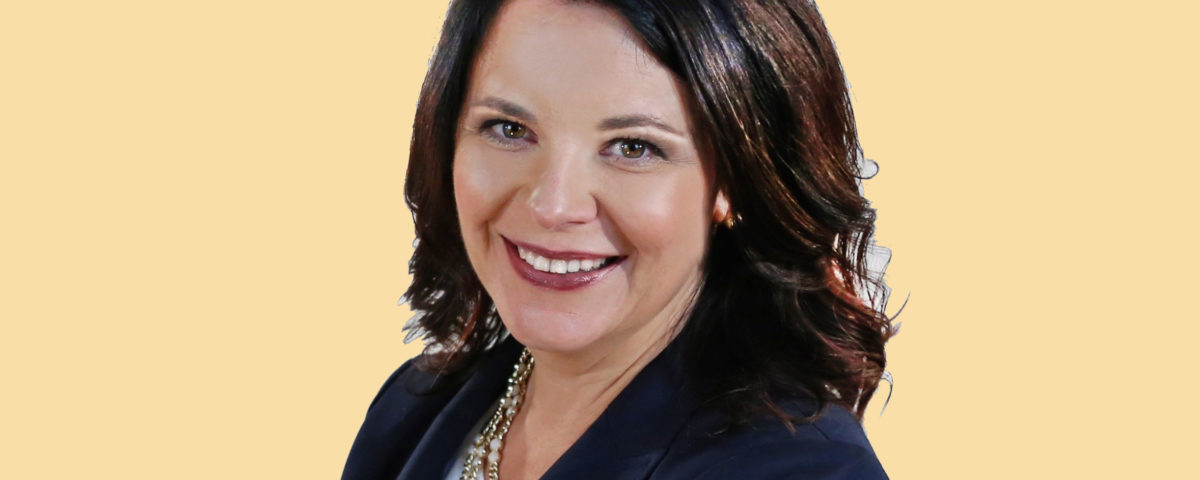The GuideStar Newsletter Articles You Read Most in 2017
January 4, 20186 Can’t-Miss Conferences for Nonprofits in 2018
January 4, 2018Delusional Altruism Undermines Philanthropy – Kris Putnam-Walkerly

Kris Putnam-Walkerly – I’m challenging philanthropic organizations to start the new year with a renewed commitment to do good for others. It’s at the root of every philanthropic mission, after all. And, as philanthropies, we all try to make decisions that are in service to our missions, represent good stewardship, and result in the greatest impact. But sometimes, in making those very decisions, we unintentionally do more to damage our impact than to further it.
I call this Delusional Altruism®, and I’ve seen it manifest itself in many ways.
For example:
- When funders penny pinch on their own infrastructure or professional development in the name of getting more money out the door to grantees, they’re deluding themselves. No organization can operate at peak effectiveness without investing in its own operations.
- When foundations create cumbersome grant application processes and huge board dockets in the name of due diligence, they’re being delusional. This process only creates hours of extra work and headache for grantees and foundation staff, in order to create an overly complex pile of paper that has far more information than board members actually need to make decisions.
- When funders invest significantly in programs or initiatives but do nothing to intentionally capture and share the learnings (both theirs and their grantees’) from those experiences, delusional altruism strikes again. Whether the effort was an unqualified success or an epic failure, there are lessons that will apply to your work and the work of others going forward. If you fail to learn and share, then your philanthropy is either destined to repeat mistakes or repeatedly miss opportunities to improve.
There are many other examples of Delusional Altruism that I encourage you to read about in my white paper, Delusional Altruism: Avoiding Self-Deception and Disrespect.
Fortunately, there are also simple things you can do to recognize and combat Delusional Altruism in your own philanthropic practice. Here are three:
- Ask “What will it take to do this right?” Whether you are considering an investment in your own operations or and investment in a grantee partner, think from the mindset of doing it well rather than doing it cheaply. After all, if the work of solving societal problems and addressing human needs isn’t worth prime investments, then what is?
- Always keep grantees front and center. One foundation I work with always asks themselves, “What will this decision mean for our grantees? Will it help them to succeed or make things easier for them? Or does it just make things easier for us?” Keep in mind that this line of questioning can support investments in your own infrastructure. For example, hiring a new program officer or purchasing more advanced software may mean more face time and meaningful contact with grantees and faster responses to their needs.
- Take the Delusional Altruism Diagnostic. I developed this tool specifically for funders to gauge the extent of their own delusional behavior. It only takes a few minutes, but it generates eye-opening results. Take it individually or, better yet, gather with your entire team to discuss your answers and what they mean. (If you need explanation or ideas on how to improve your score, I’m happy to provide them.)
Delusional Altruism can creep up on well-meaning foundations without being noticed, but you have the power to shine the light on it and stop it before it starts!
Three Ways to Keep Delusional Altruism from Undermining Your Philanthropy in 2018 was first posted by Kris Putnam-Walkerly on January 1, 2018 at Putnam-Consulting.com. Please VISIT HERE to read original article.
Kris Putnam-Walkerly, MSW: For over 18 years, top global philanthropies have requested Kris’ help to transform their giving and catapult their impact, including designing strategies that achieve results, streamline operations, assess impact, and allocate funds. Her clients include the Robert Wood Johnson, David and Lucile Packard, Avery Dennison, Annie E. Casey, Charles and Helen Schwab, and Walton Family foundations, among dozens of others. She’s helped over 60 foundations and philanthropists strategically allocate and assess over $350 million in grants and gifts.
